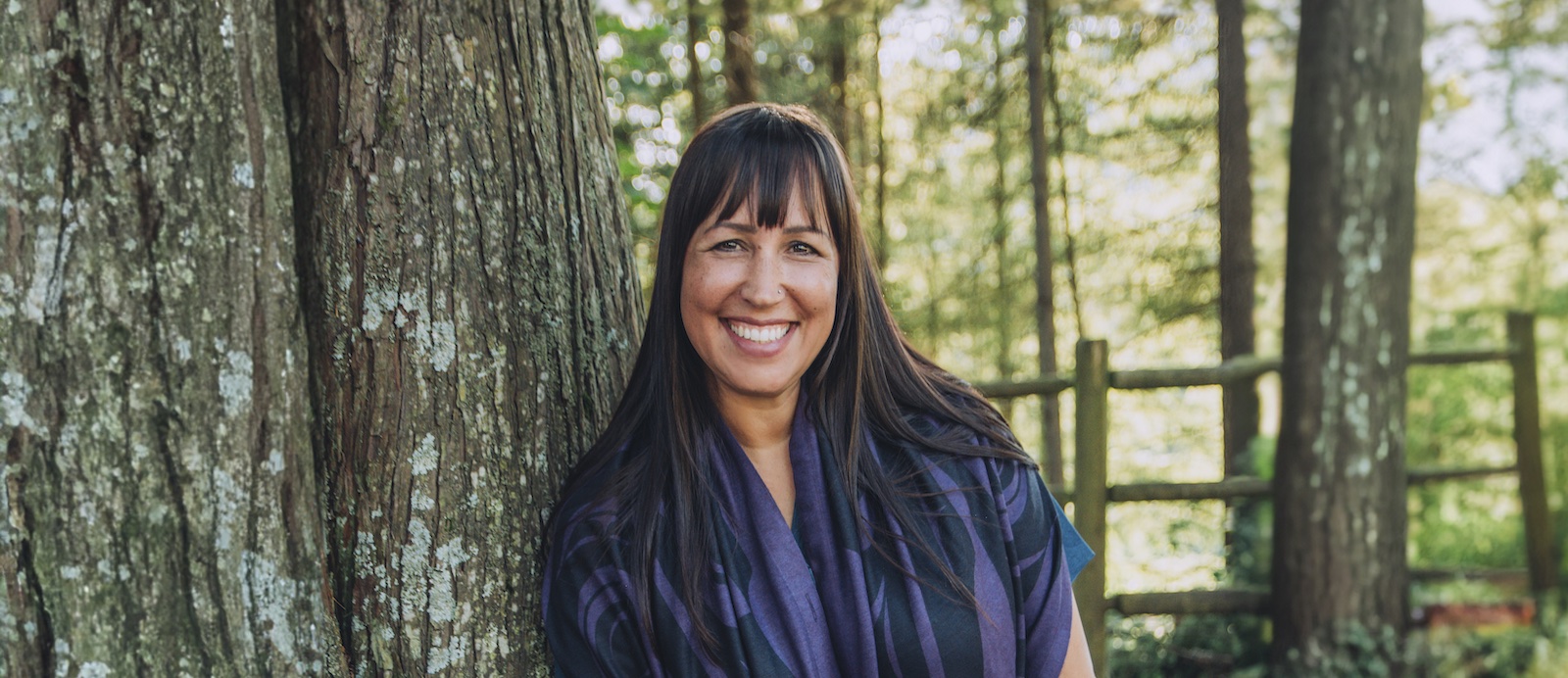
Change Can Happen. Profiles in community leadership: Rowena Veylan
Central City Foundation is once again celebrating examples of extraordinary community leadership. We are highlighting the dedication and determination of those whose support for community-led solutions helped people in our inner city and beyond and have demonstrated that change can happen in our community. As part of this celebration, we have asked each of our profiled leaders to share with us their thoughts on leadership, community, and their relationship with Central City Foundation.
Rowena Veylan, Founder and Lead Instructor, The New School of Fundraising
Founder and Lead Instructor at the New School of Fundraising, Rowena is working to build equity and expand access to exceptional learning and professional development for non-profit fundraisers. She continues to demonstrate an exceptional commitment to share learning and help fundraisers build the capacity that will make change in the community.
Q: Can you tell us about the work NSOF is doing?
The New School of Fundraising opened in the fall of 2021 and offers programming to assist people on their fundraising journey. It is very important to us that the school offers programming that compliments what is already out there and that we keep our prices as low as we can to remove barriers.
The team of instructors at NSOF not only teaches content that will help non-profits raise money, but they also challenge how the industry has always worked. Our workshops often delve into such topics as decolonizing fundraising, power imbalances, development with dignity and much more. We leave plenty of time for sharing and questions as well as time for participants to learn from each other.
Q: What does community leadership mean to you?
Anyone has the opportunity in life to be a leader, no matter what age you are or what stage of your life you are at. To me, community leadership is about taking an active role within your community. Truly seeing who is around you, thinking about what you can do to contribute, and then doing it!
Q: How would you describe the systemic inequalities/inequities and other challenges that your work addresses?
The non-profit industry does not have a lot of professional and leadership development opportunities and also little funds to actually pay for any that is available. Donating to a non-profit is great for their programs but does not often assist them with other critical capacity-building needs.
The New School of Fundraising supports their journey, no matter their size, and also secures partners to pre-pay some of our programs to further support those would otherwise would not be able to pay.
Q: How would you describe the importance of connection and belonging for the people you work with?
Our programming is done in small groups, and cameras must be kept on. We often draw on the experience of our attendees as we cover topics, further bringing them to life. We know that working within the industry can be isolating, and we strive to facilitate connections.
The NSOF instructors come from many diverse backgrounds. We are proud that our school is Indigenous-owned and led. We strive to make every attendee feel like they belong and that they have the NSOF family to support them on their fundraising journey.
We know that fundraising can be intimidating, scary and cringy (to borrow a few words from past participants). We meet our participants where they are at, never pushing them past their comfort. If they leave excited about fundraising and with some new ideas, we have done our job.
Q: Looking ahead, can you share with us some of your thoughts about where you see that change can happen?
The change is going to happen on the ground and we are happy to play a small role for each of the organizations that come through our virtual doors.
Q: What are some examples that give you hope for a better future for the people with who you work?
We often can’t see it, but we can be assured that this positive impact is all around us. It is in the shelter that provides a safe haven when needed, the organization that educates on composting to help our environment, the community center that offers free programs for children and youth and the hope that we feel as we work toward a cure. These are a few examples of the organizations that have been through our school. They are the ones that are making the change!
Q: How would you describe the value of developing relationships and collaboration in your work and organizations like Central City Foundation?
The saying that we are “stronger together” is so true for the non-profit industry.
The relationships that NSOF has built with organizations like Central City Foundation are valuable to both us and the organizations we support. For our school to be successful, we must understand the needs and realities that organizations are experiencing. Conversations with our friends and partners enlighten us, and from those conversations, we develop new programming, find new funding partners and deepen relationships.
Q: Do you have a call to action for our CCF community that you would like to share?
We genuinely believe that the next step in capacity building is to support organizations to raise more money and to build the infrastructure that they need to actually do it. The organizations that we work with need help to create fundraising plans and ensure that they can resource those plans in order to change their future. My call to action would be to donate to the greatest need, trust the organizations to spend the money how they need to and also think about how to support their learning and development.
 Previous story
Previous story
